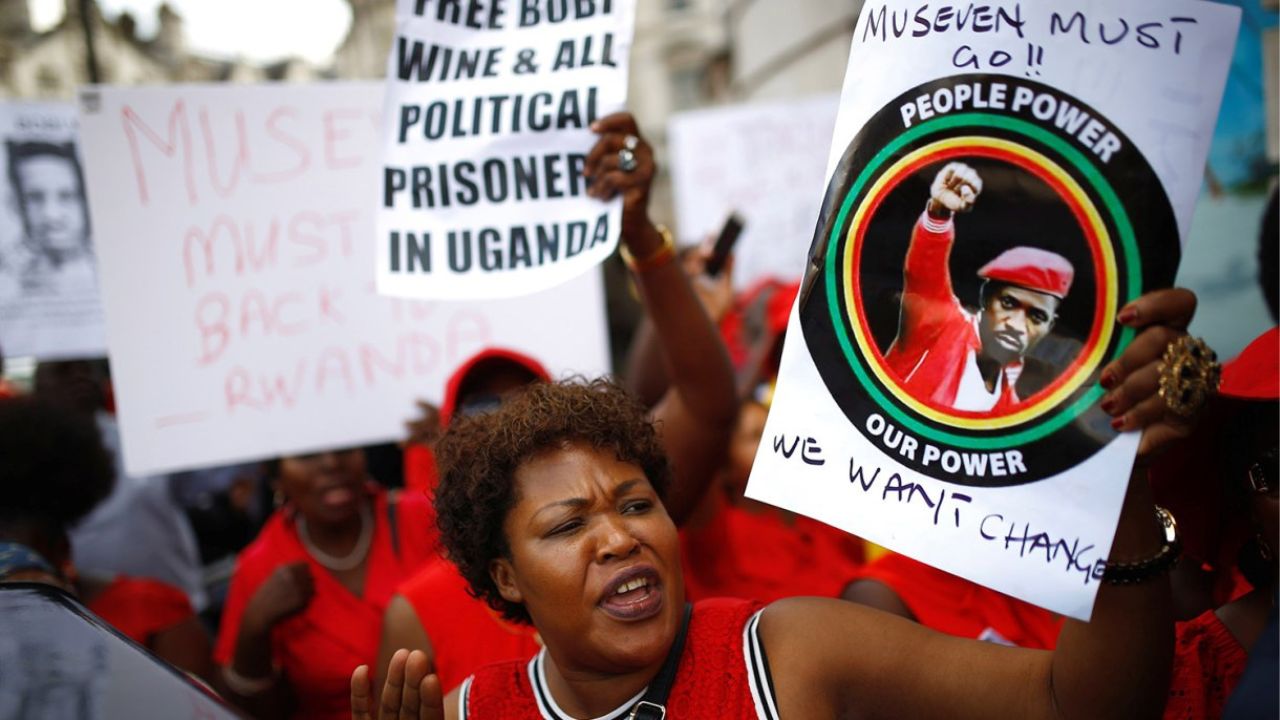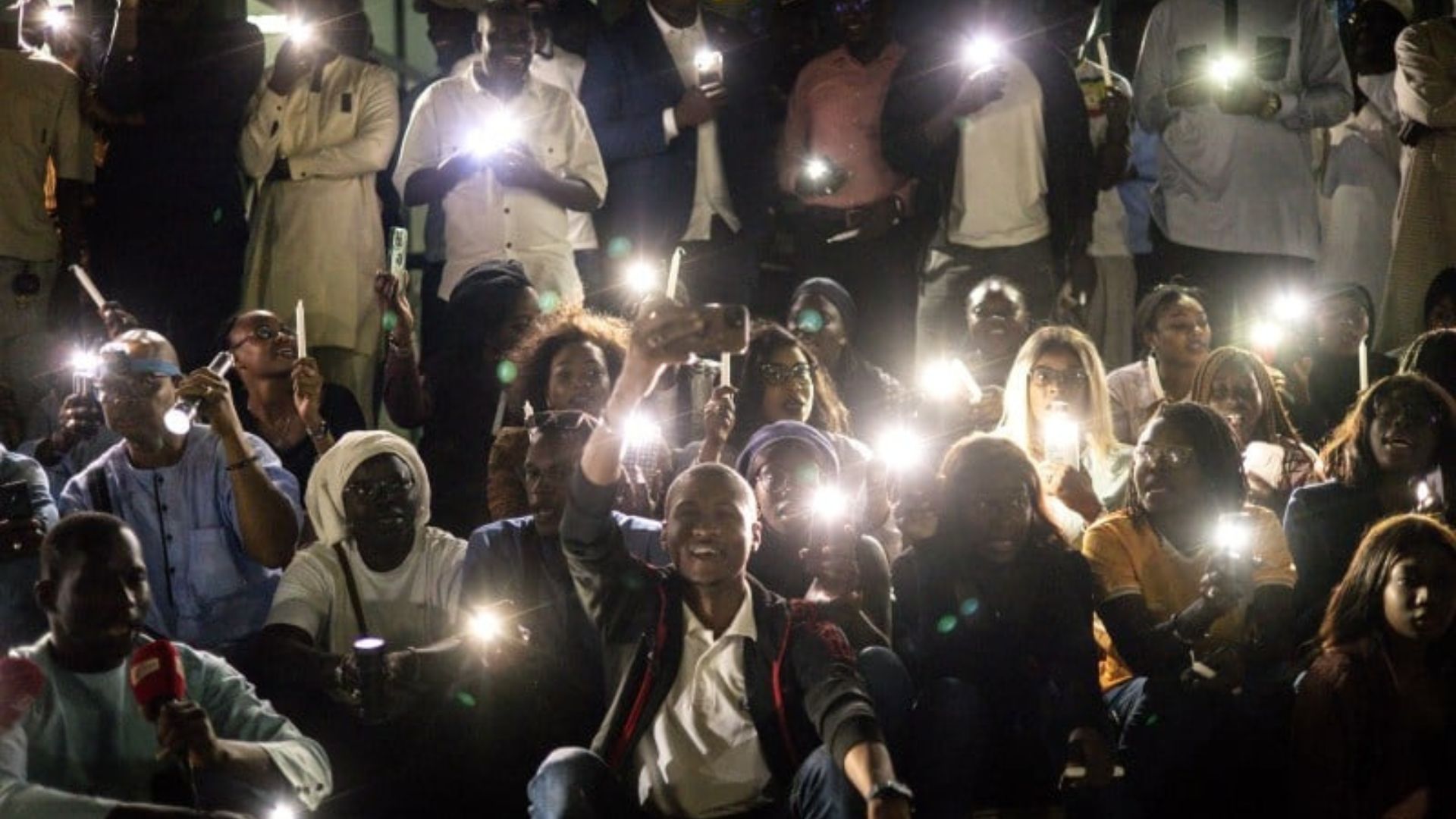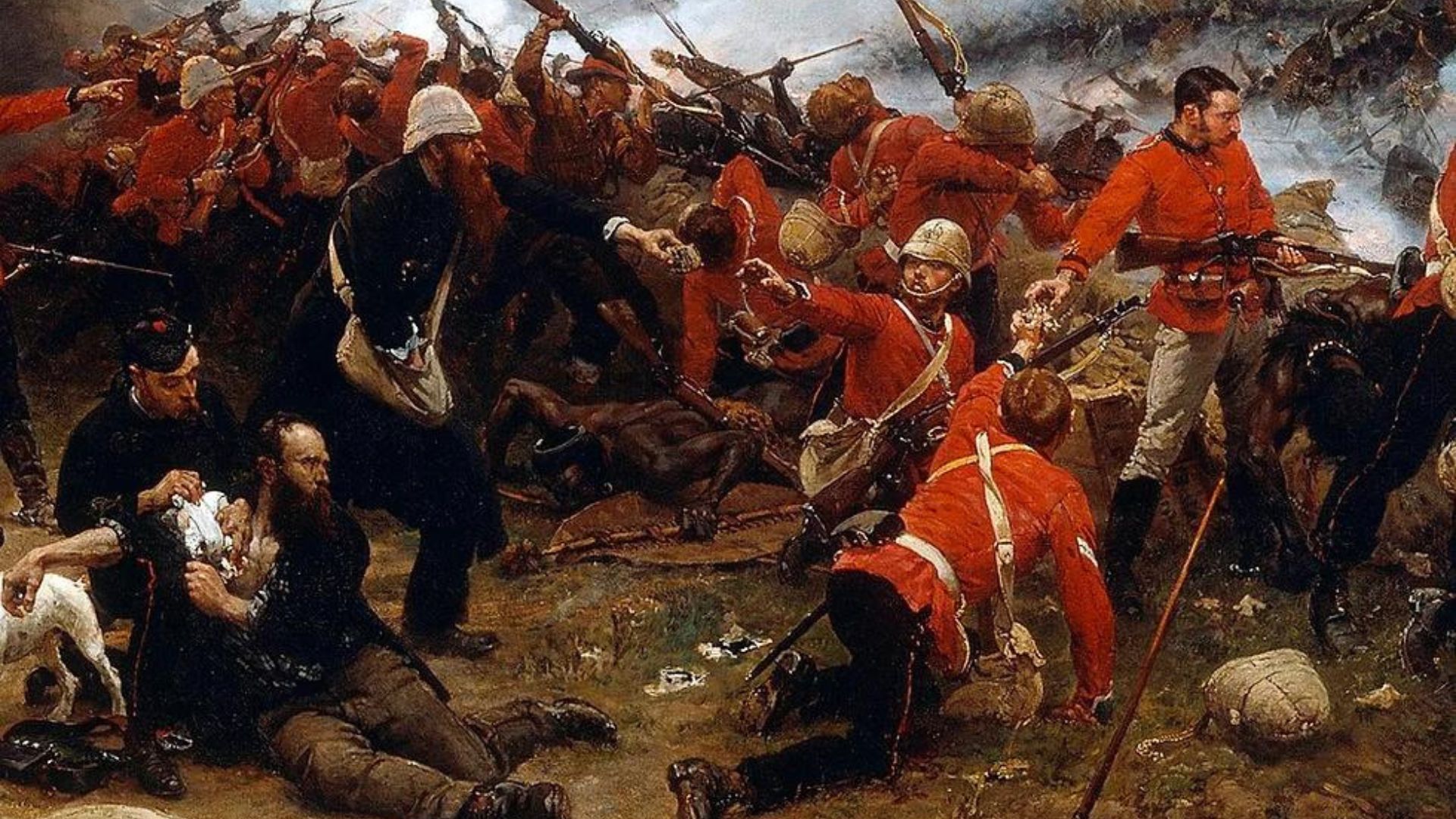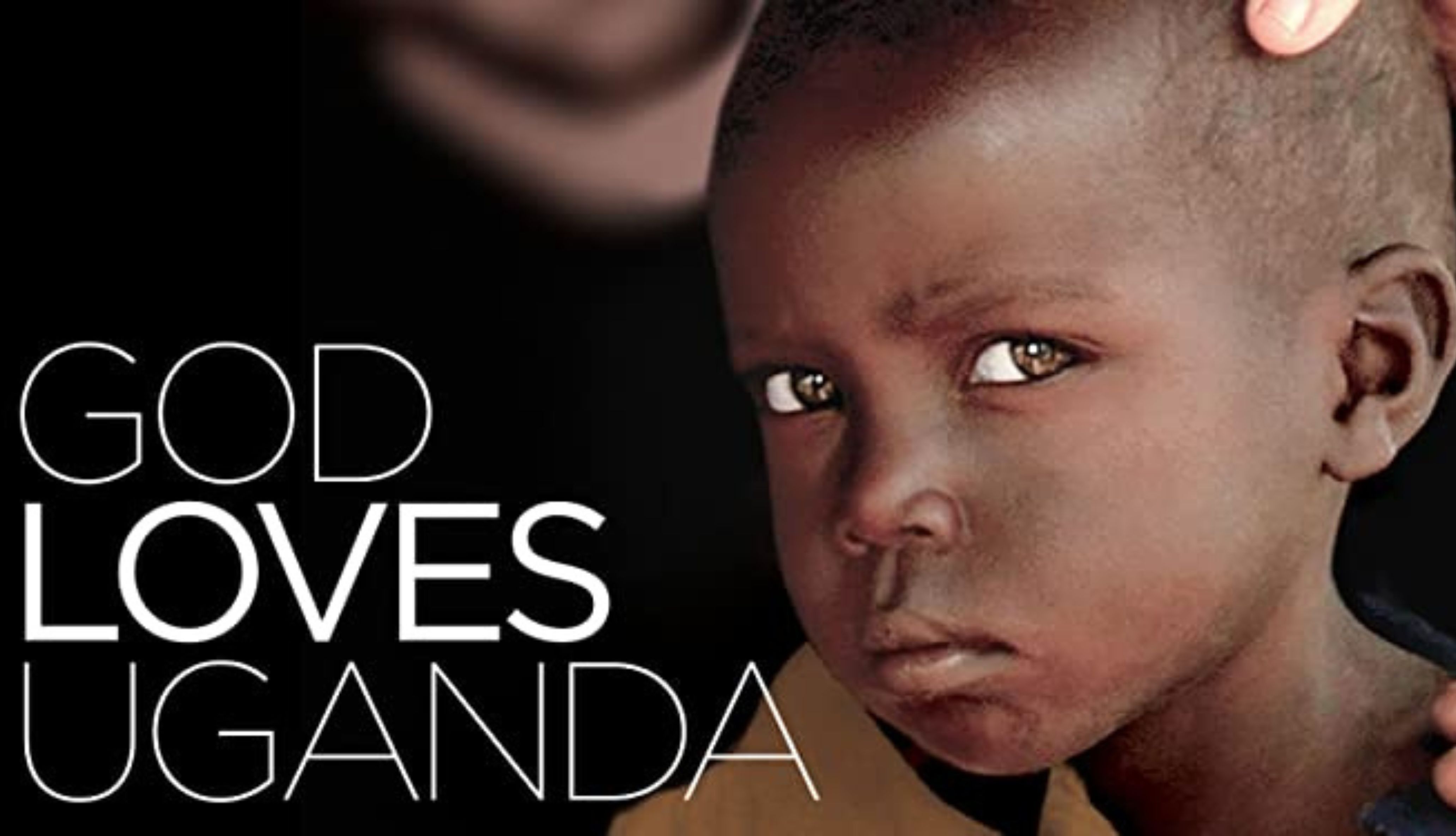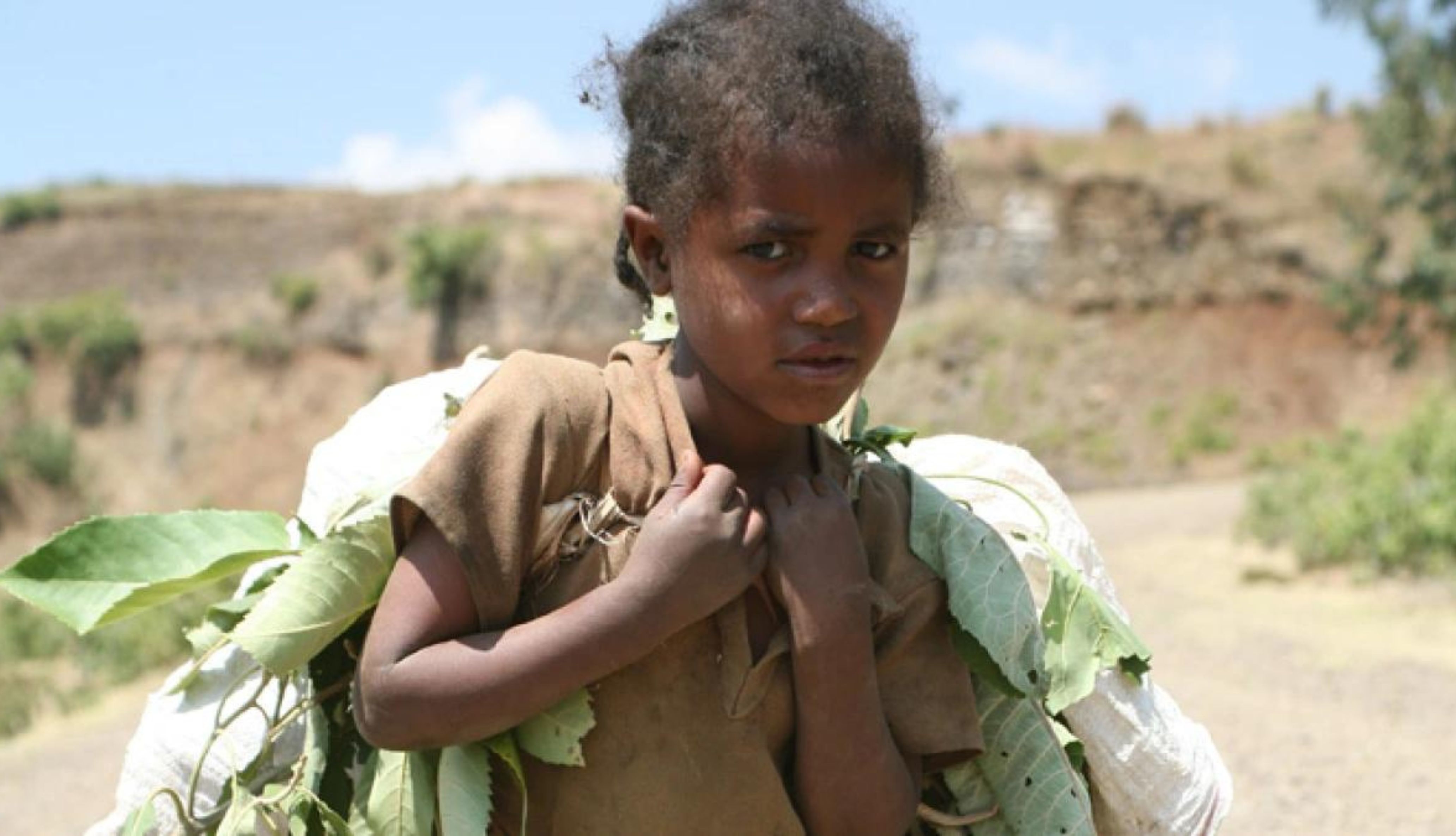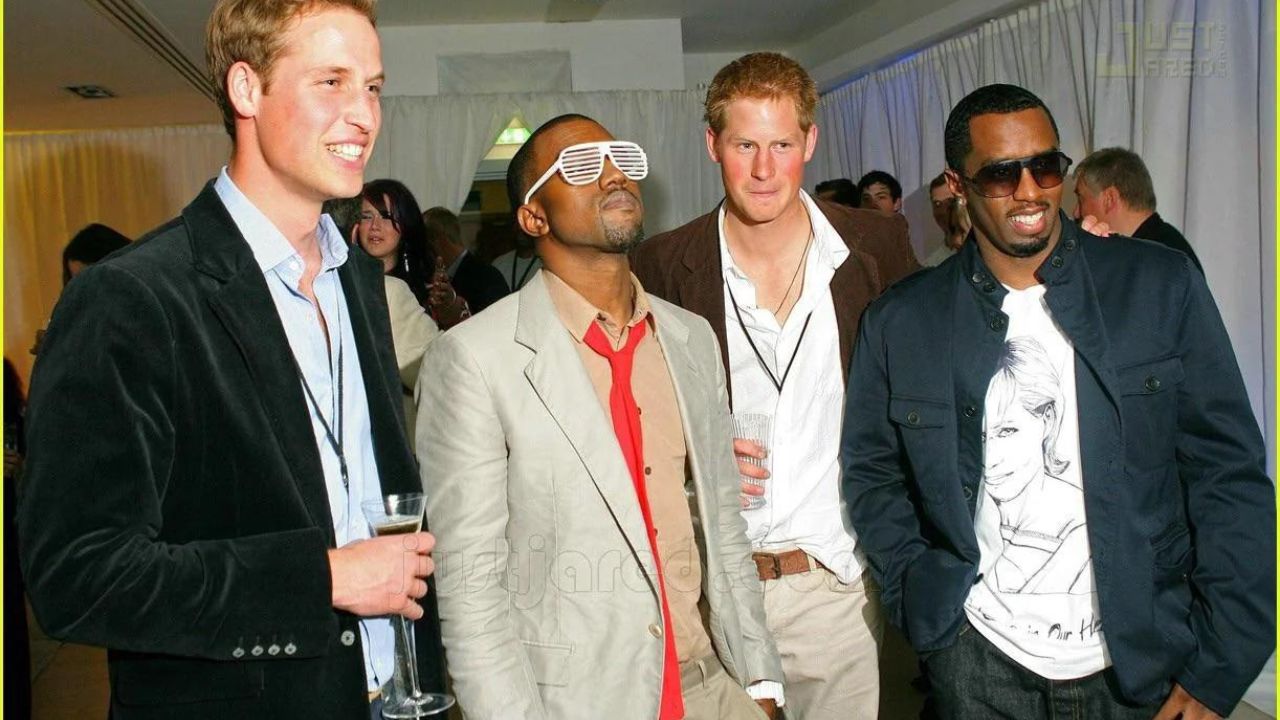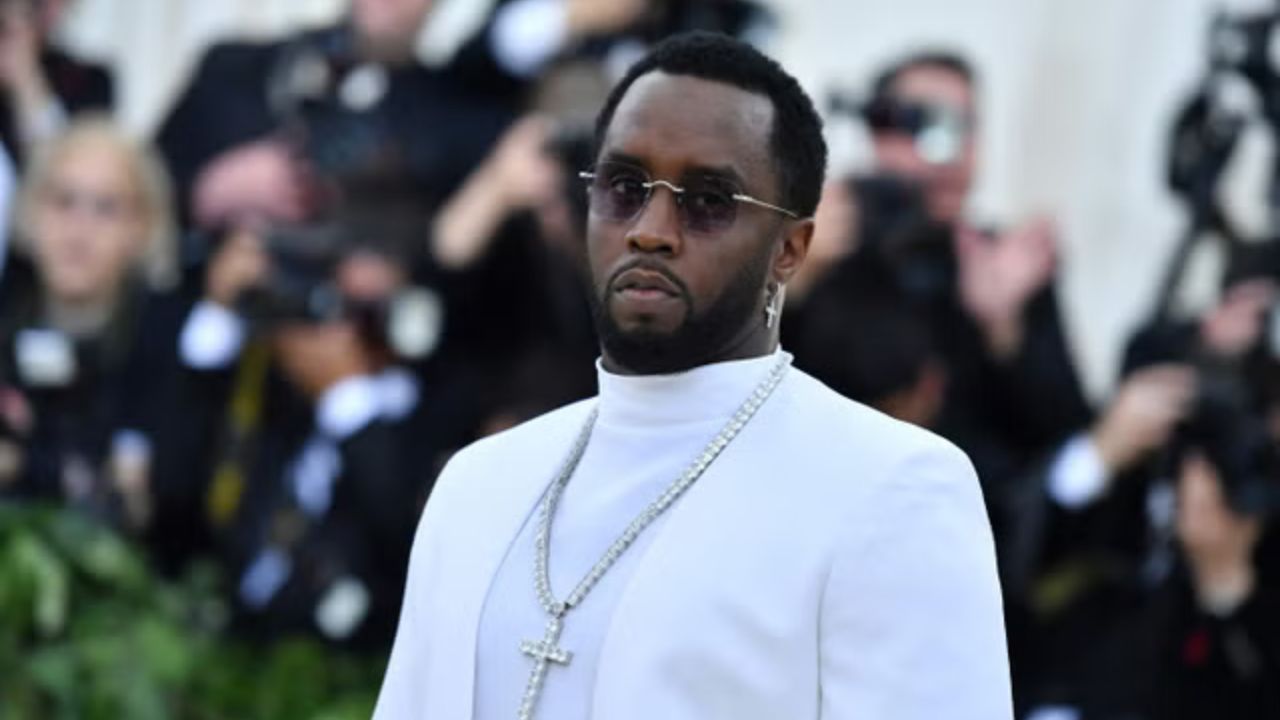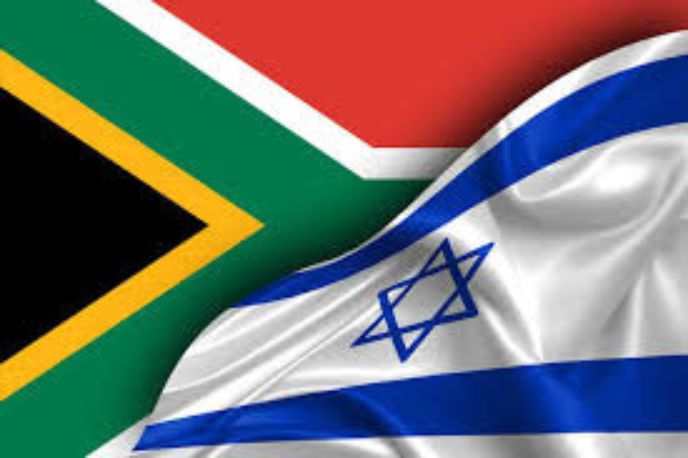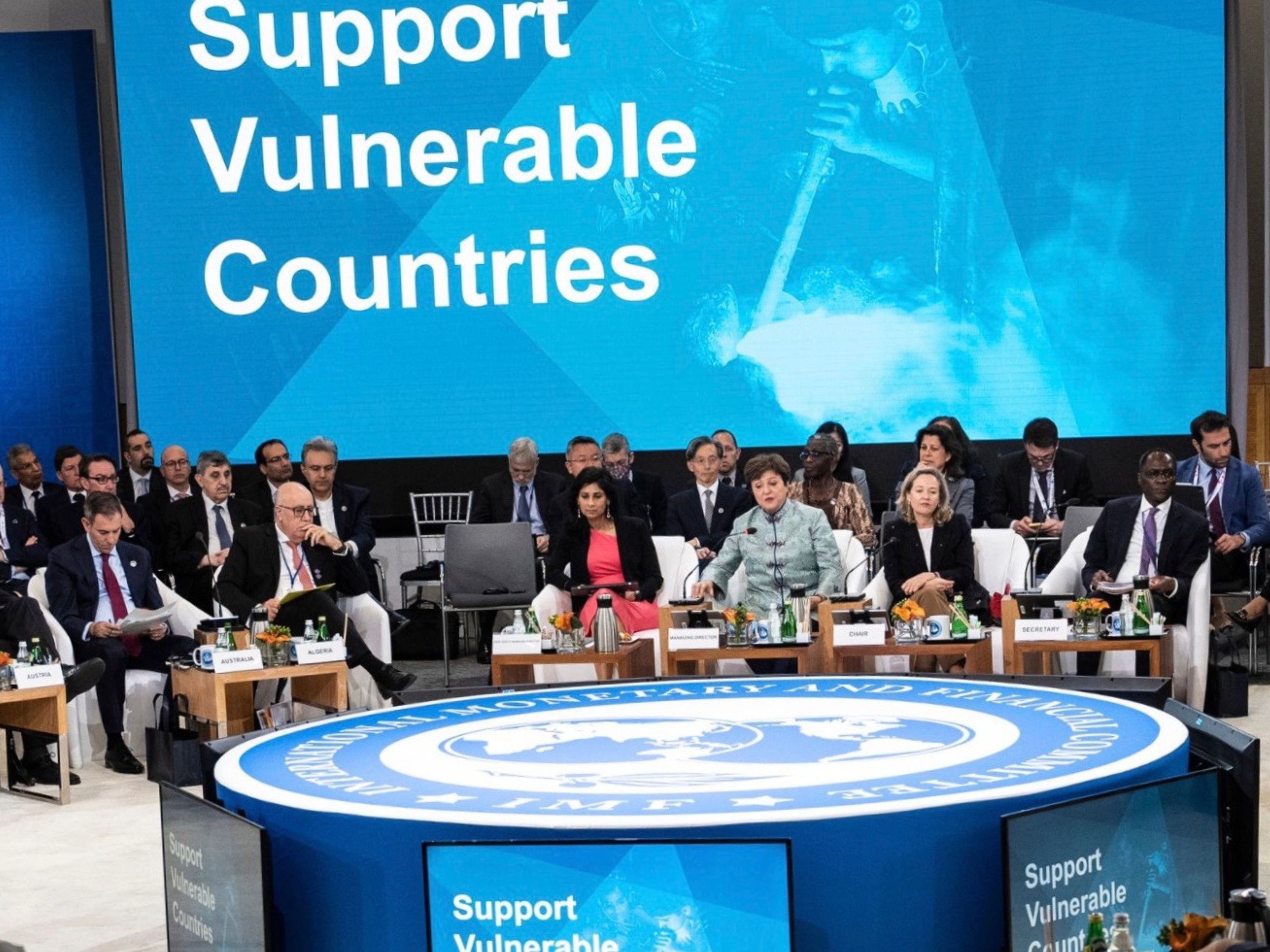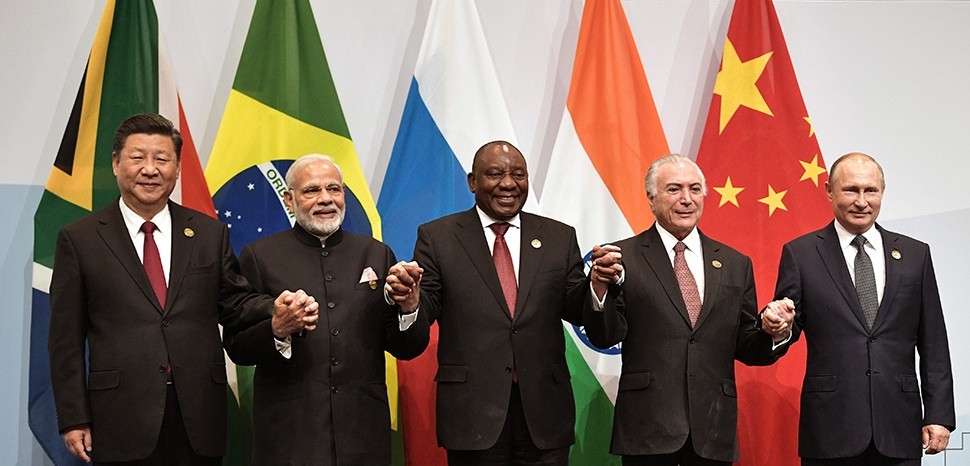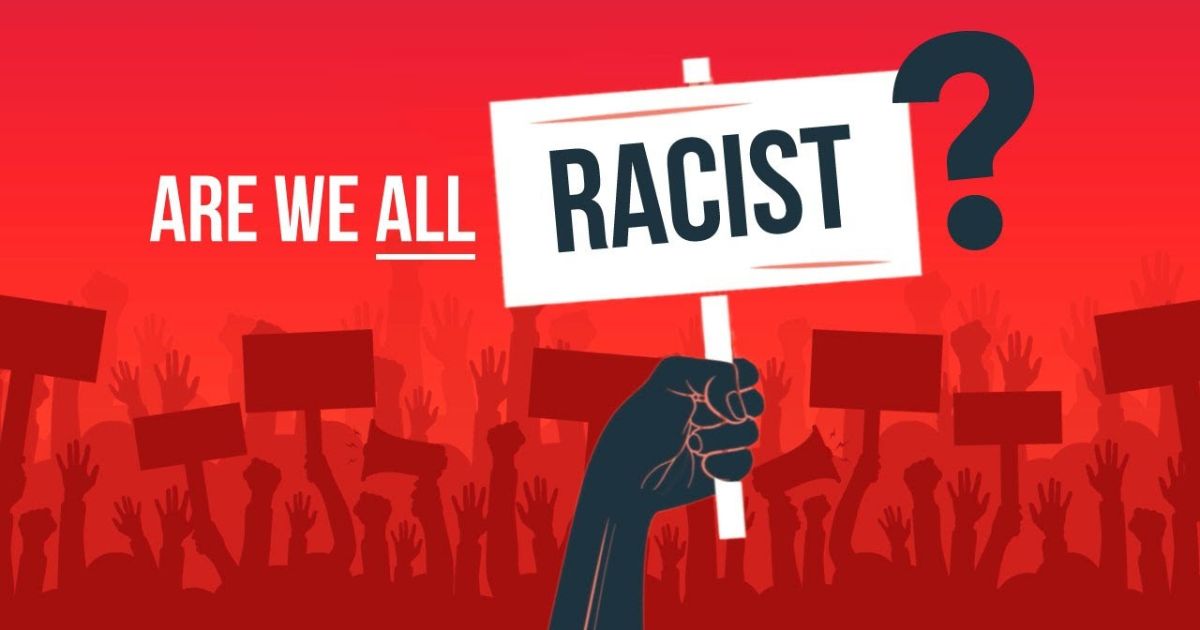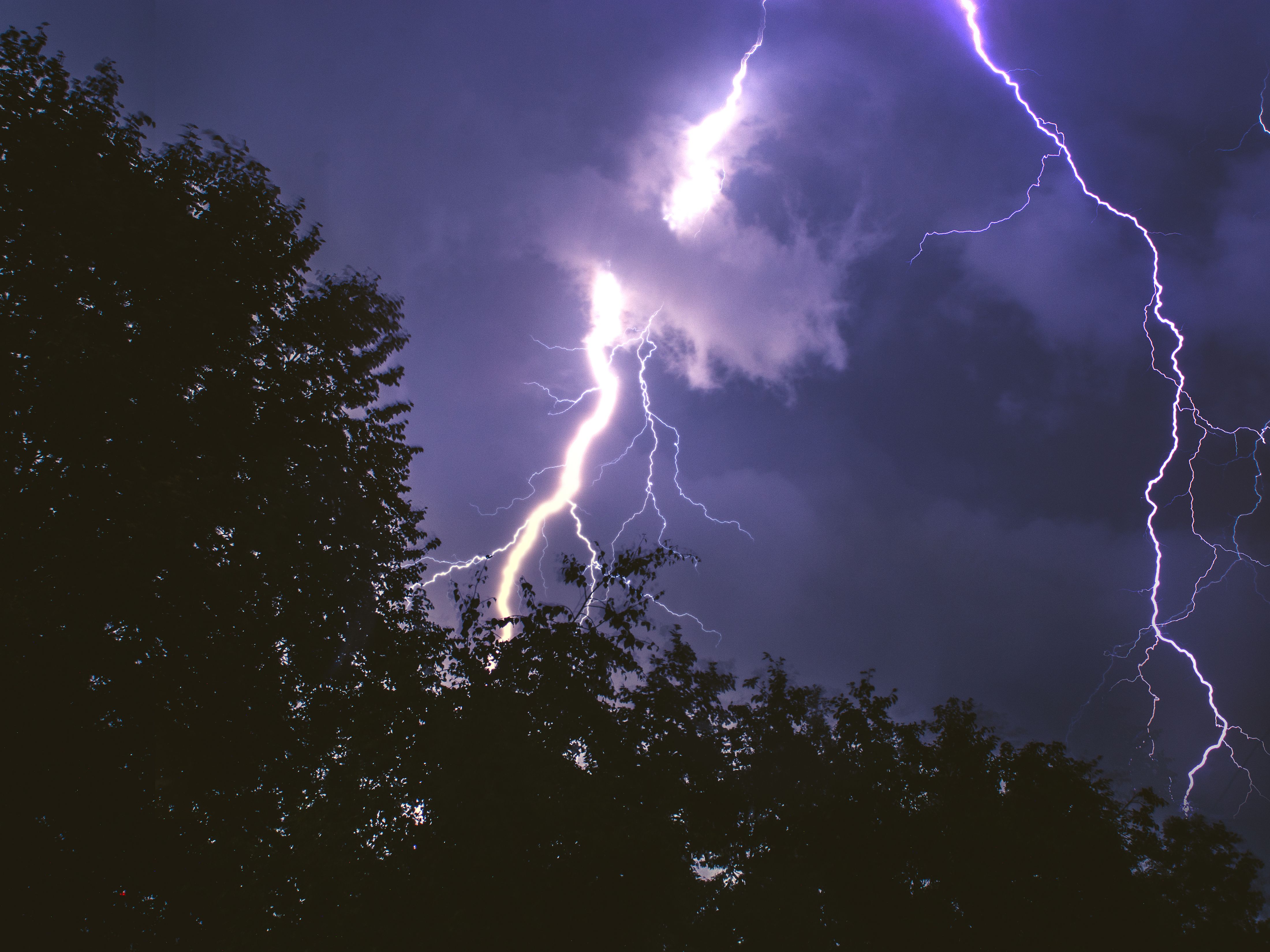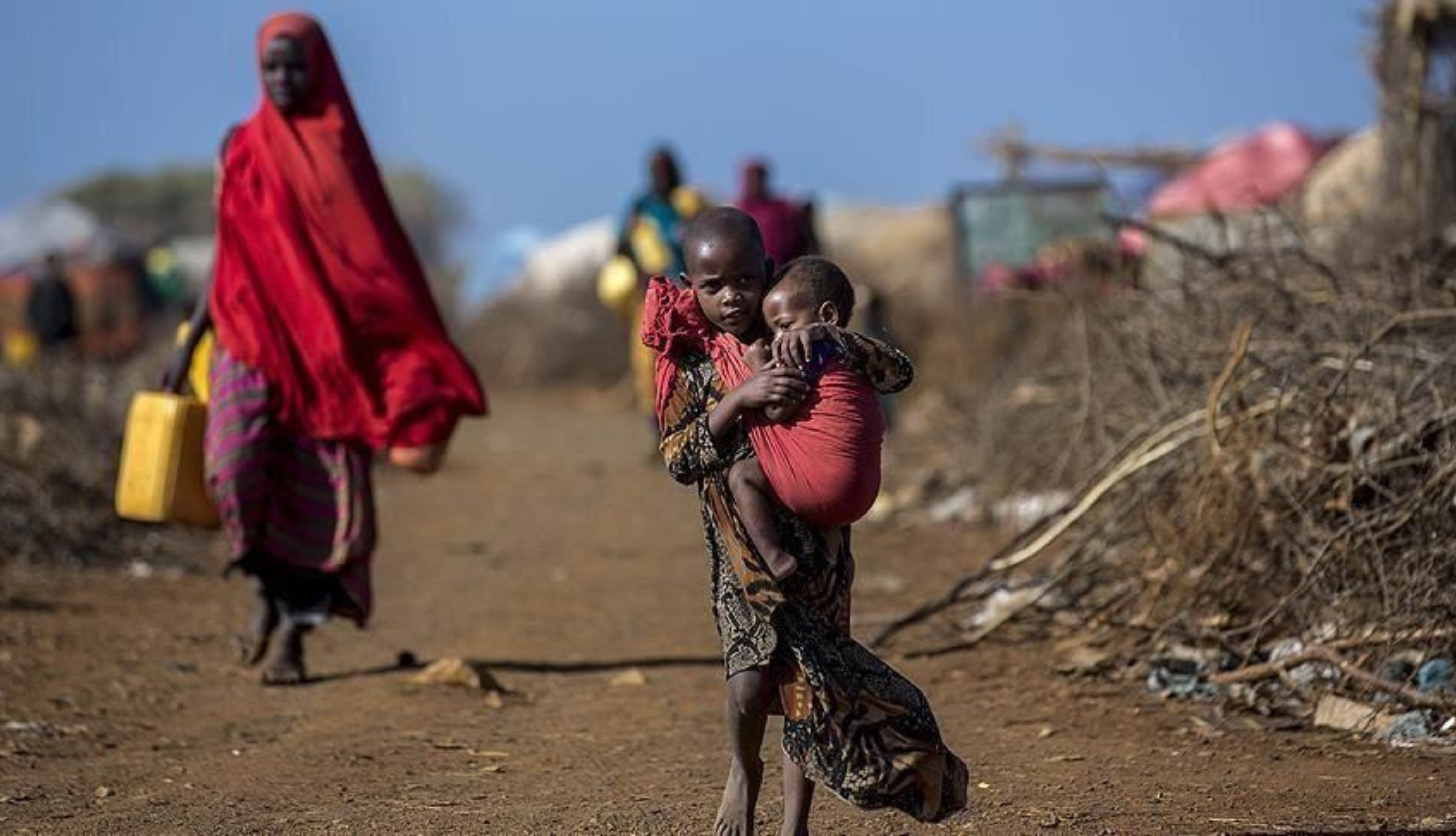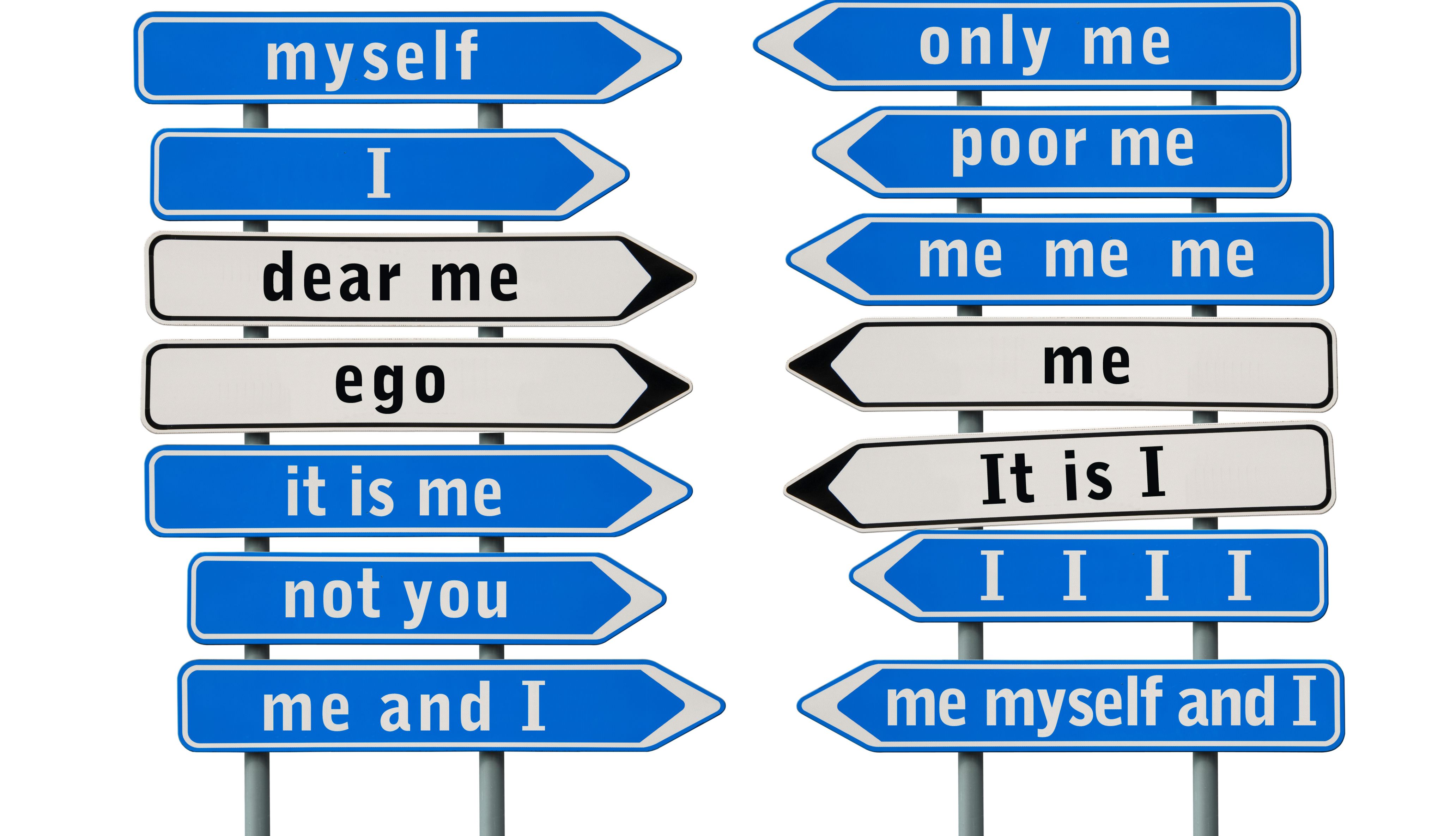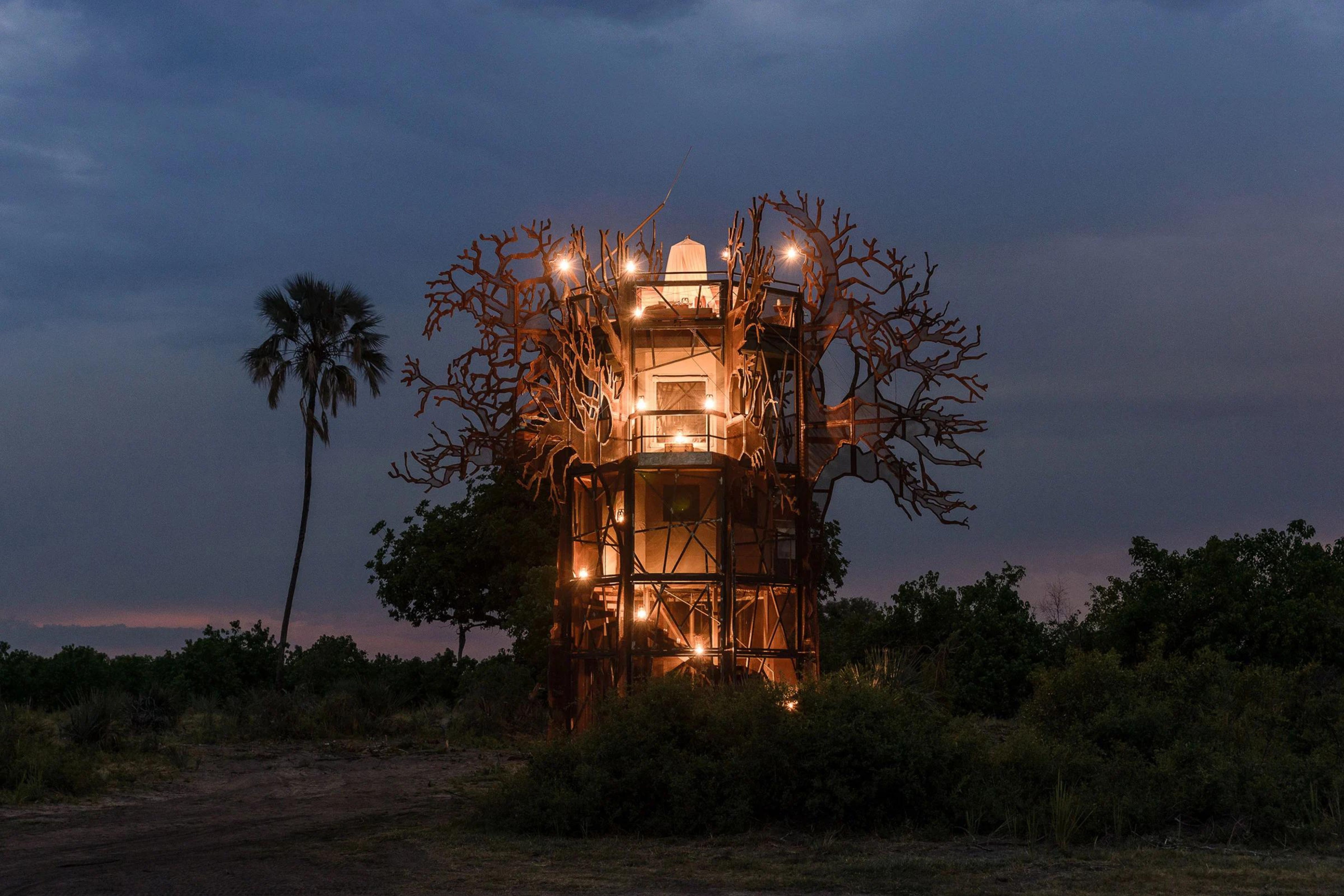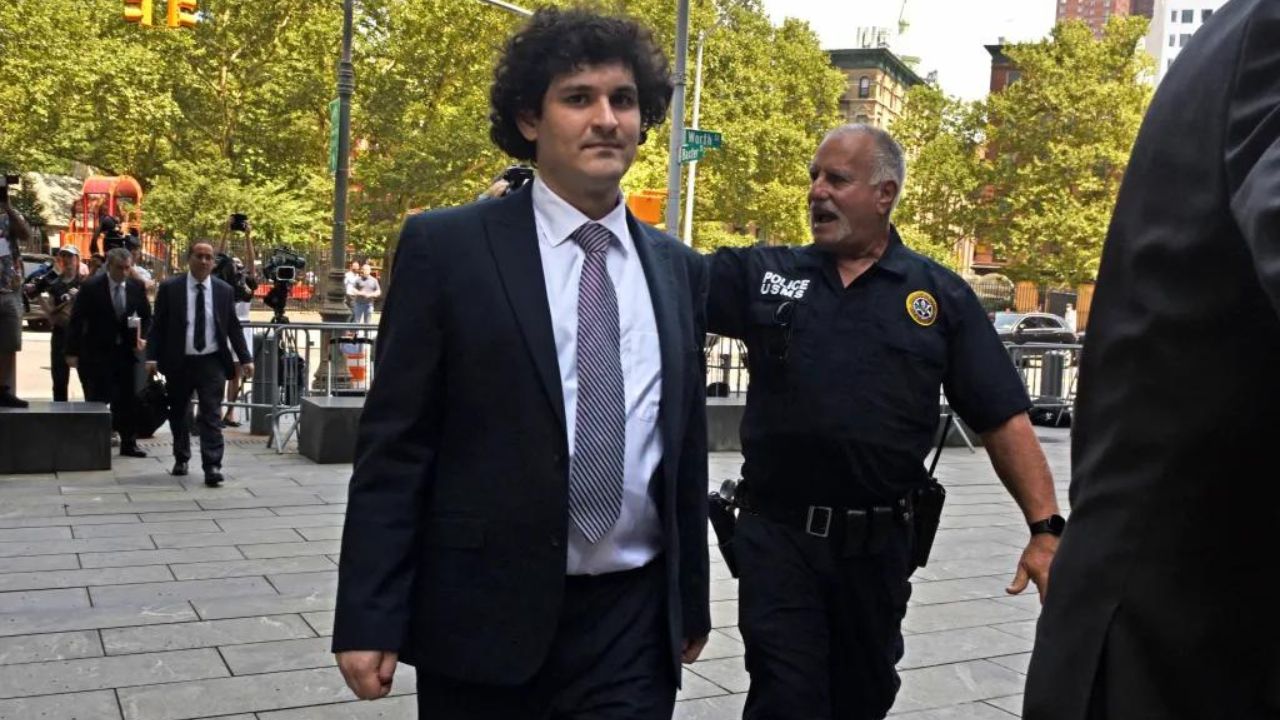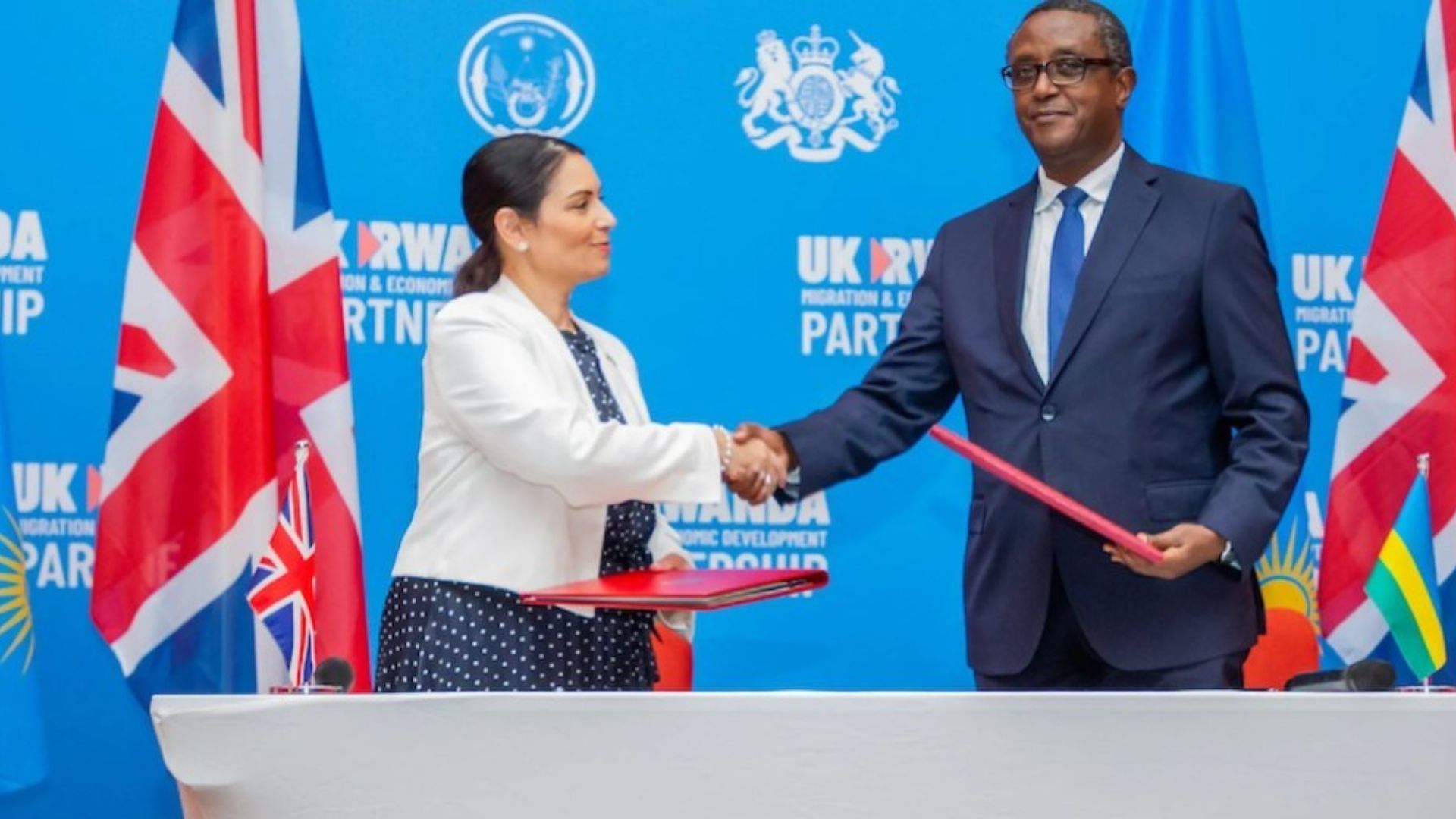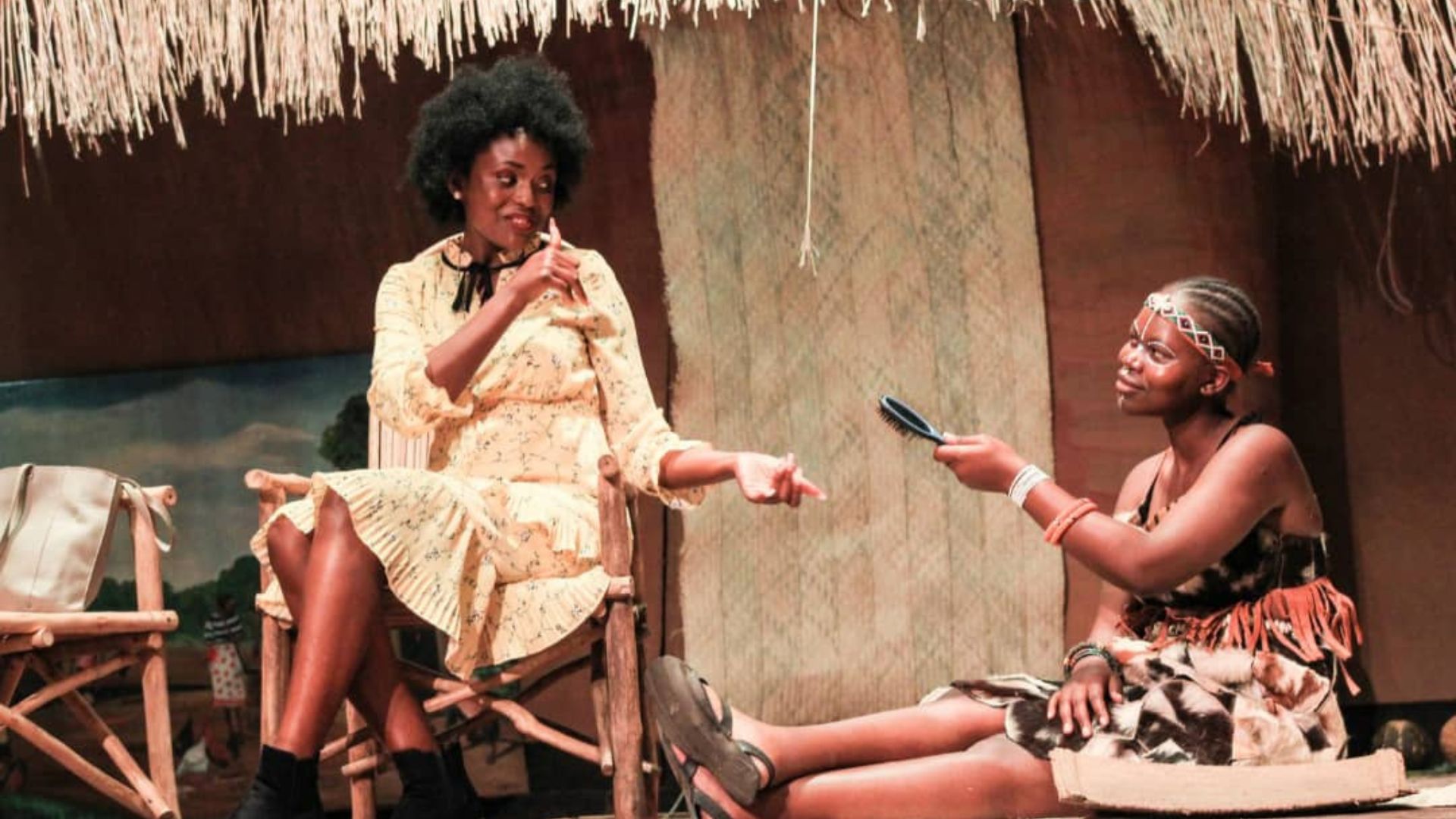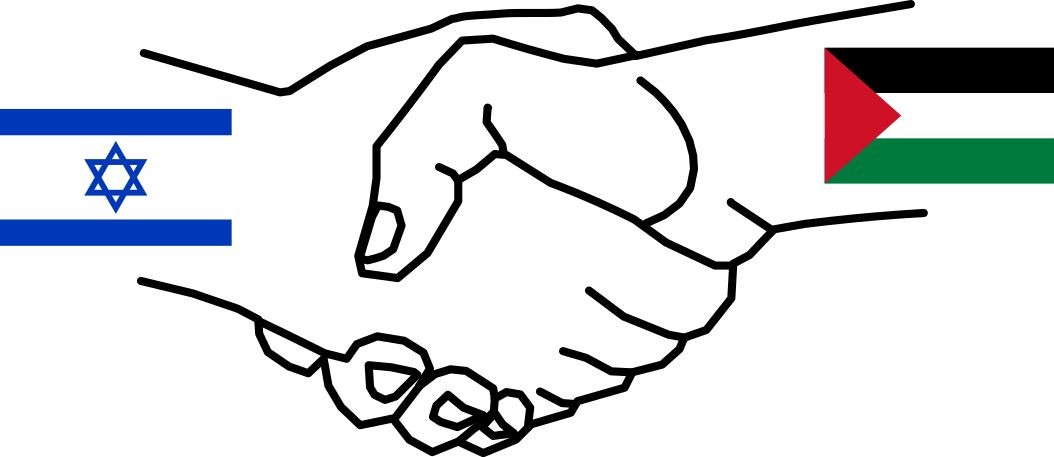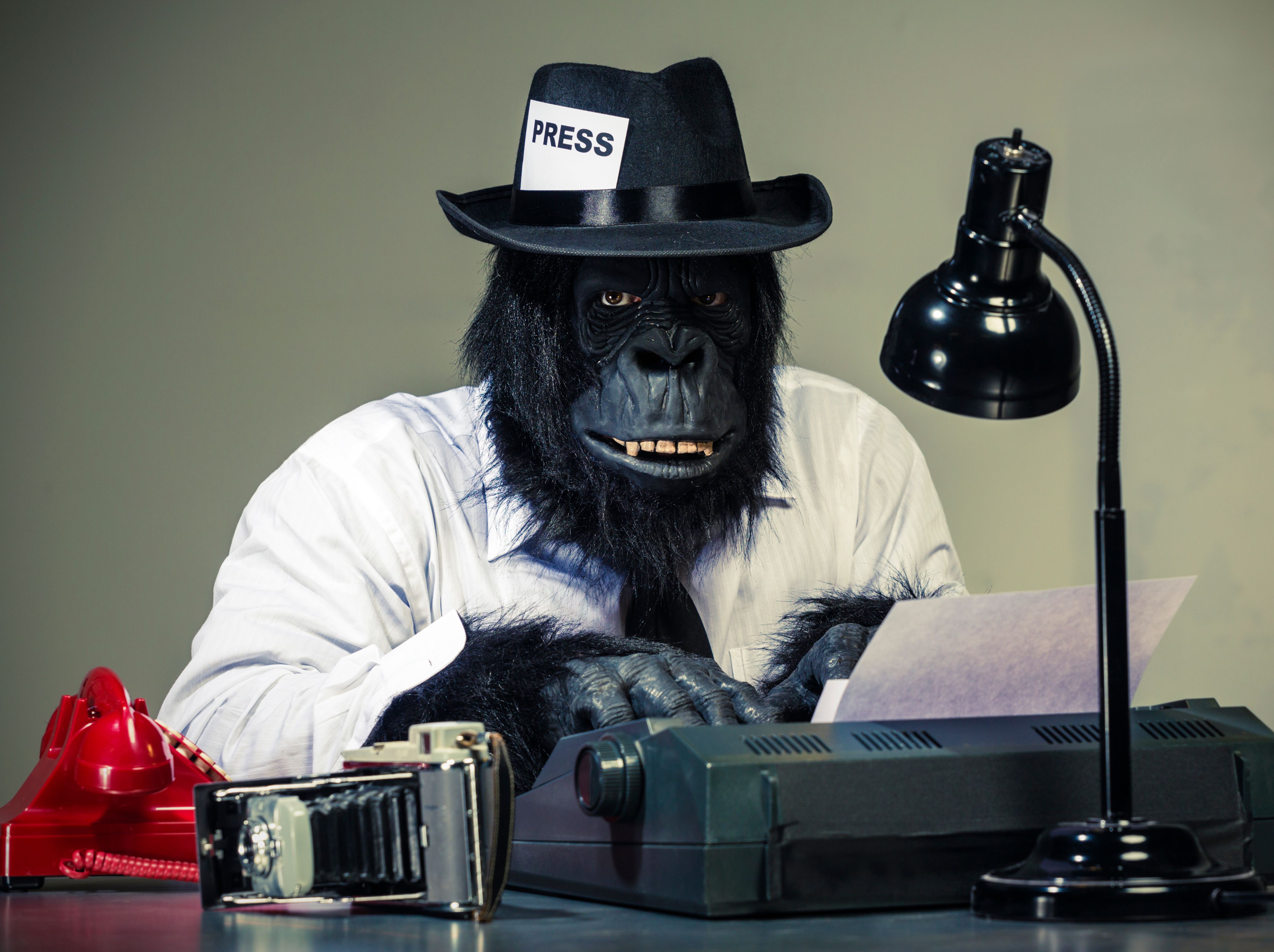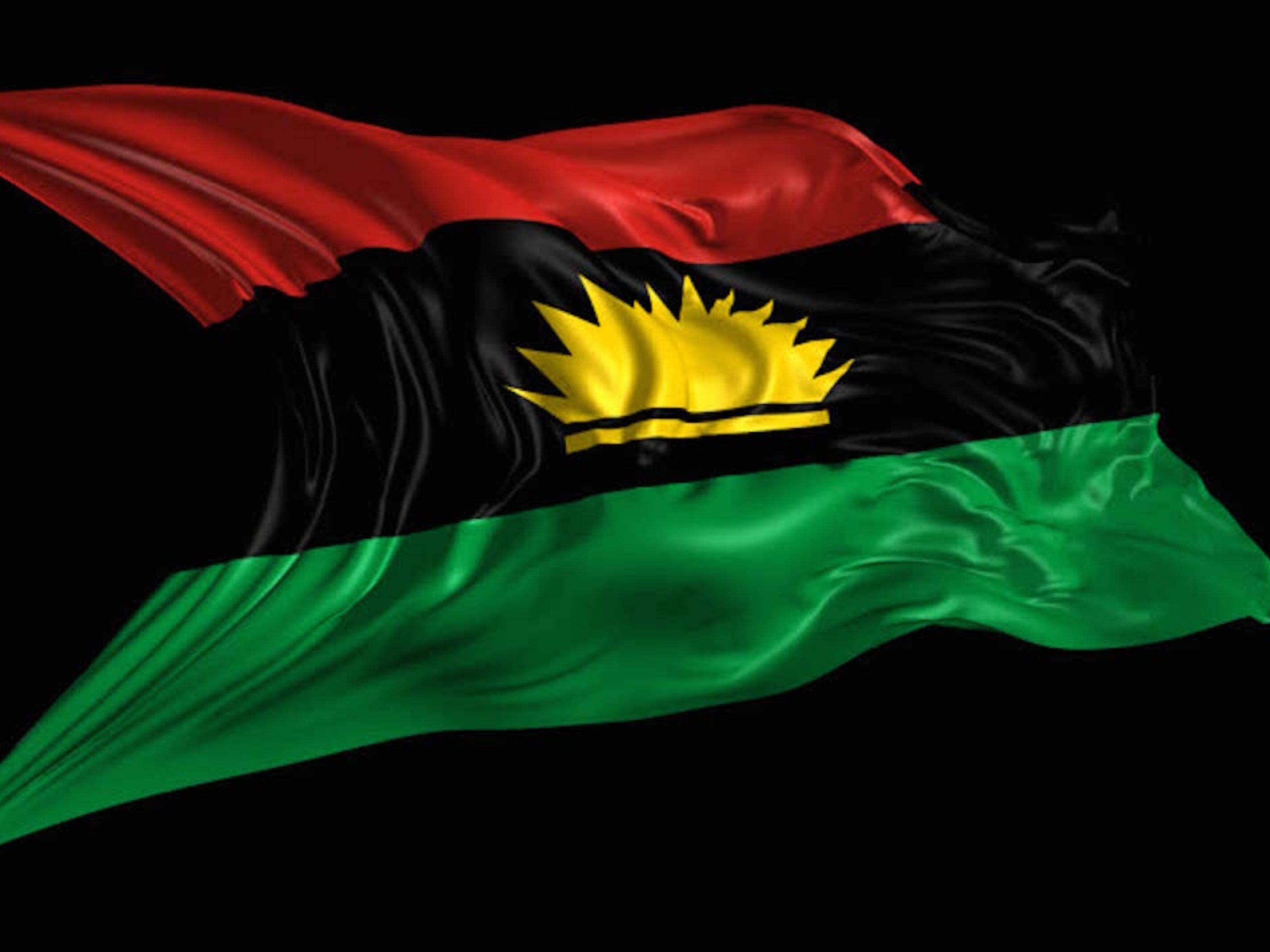Until the coming of the Westerners, Africans had their socio-political structures, which had existed from time immemorial. The influx of Westerners into Africa led to a radical departure from the existing norms that guided the political, social, and, of course, religious institutions of her societies.
While this is not an outcry or lament about the situations that arose due to this “imposed” change, it is an exposure to the realities that emerged due to our embrace of foreign influences. Who do we blame?
Chinua Achebe, an influential African writer, engages our minds as he exposes us to the entry of foreign influences in Africa using the Igbo land (a tribe in Nigeria) as a case study.
Achebe rightly stated that one of his purposes in writing the book ‘Things Fall Apart’ was to present a complex, dynamic society to a Western audience who perceived African society as primitive, simple, and backwards.
Our own stories have to be retold to negate the single story of “primitiveness” that the outside world has about all of Africa. Chinua Achebe’s Things Fall Apart was one of the answers to the unending question of whether Africans have their history or not.
Achebe carefully introduced us to the positives and negatives of Igbo culture in his literary journey to the exposure of traditional institutions in Igbo land during the pre-colonial era.
While it is correct to say that the Igbos had a unique culture during the pre-colonial era, it would be harsh to assert that the Western world was all out to destroy the non-Western world, which is the argument of most critics against the colonialists.
But it would be ridiculous to say that we have not benefited from the coming of the Westerners. While there are positives, there are also negatives.
Chinua Achebe’s Things Fall Apart and the Marginal Men
Robert Ezra Park sees “the marginal man” as one whom fate has condemned to live in two societies and two cultures—not merely different but antagonistic. “His mind is the crucible in which two different and refractory cultures may be said to melt and, either wholly or in part, fuse.”
This was the case with the African men in Achebe’s Things Fall Apart. There was a culture shock as the villagers were exposed to a new culture that was enforced on them by Reverend James Smith (a character in the book), who used violence to convert the people to Christianity. The people were now exposed to two distinct cultures to which they must adhere, in whole or part.
Later on, there was friction in villages, a village just as Achebe skillfully highlighted in the book, ‘Things Fall Apart’. “The white man is very clever. He came quietly and peaceably with his religion.
We were amused at his foolishness and allowed him to stay. He has won over our brothers, and our clan can no longer act like one. He has put a knife on the things together, and we have fallen apart.”
This is how the outcast men were raised. Shared beliefs, customs, and traditions among the people were now debated, and it became difficult to find common ground on trivial issues that were almost seen as norms before the coming of the Westerners.
A marginal man is suspended between two cultures and finds it difficult to establish an identity of his own. There is a double consciousness on the path of a frontier man who would do everything to merge both cultures, ultimately making him live a life of no identity.
Do we then assert that Africans are all marginal men?
While some may say yes or no, others might be indifferent, but what is bothersome is the reality that has informed our choices as Africans. These choices “might” not readily be made by us, but we have grown to know the enormity of the choices made on our behalf. But ironically, we cannot hide from the choices made for or by us.
While we cannot erase our pasts, we can do something about our present. We are all marginal men, as we have all embraced, whether entirely or in part, western culture. Being a marginalised man is not just the problem; defining our own identity as Africans remains a perennial issue.
Can we have an identity of our own in this fast-changing world? Or do we advocate for the balanced propagation of our culture, just as we do for the Western world?
Chinua Achebe sums it up: “Nobody can teach me who I am.” “You can describe parts of me, but who I am and what I need are things I must find out for myself.”
While the journey to self-discovery for Africans is non-negotiable, it is ironic to see them reluctant to take it. We have become so entrenched in Western culture that we can boldly boast that it forms a significant core of our socialisation. Painfully, this is true! But something must be done. Our stories must be heard!
Chinua Achebe’s Things Fall Apart and the Journey Ahead
The centre cannot hold because things have fallen apart! As much as we would love to have an identity of our own as Africans, it would be a mere fantasy to envisage a bonding of things that have fallen apart.
Should we then give up? Certainly NOT!
A lot has happened over the years, and it has become challenging to retrace our steps. However, we can find a new path and tell our own stories. Raising this new consciousness starts in the mind. There has to be a deconstruction of our mindset in our approach to issues.
The world is dynamic, and we must keep up with the pace—but not at the risk of our cultures.
African cultures could be embellished but not outright discarded. We need to catch up with reality. And our cultures have been painted as demonic, savage, and inhumane. It is pertinent to realise that no culture is perfect on its own. Cultures are bound to have their positives and negatives. While we could work on the negatives, the positives must be duly propagated.
Achebe believed that if you don’t like someone’s story, you have to yours. Writing our own stories about Africa is something that has to be from our own spaces. We should use all platforms available to tell authentic, genuine, beautiful stories of Africa. Identifying with our different cultures would be the right step in the right direction.
However, this has to be consciously done. We must unite as Africans free of hatred and promote our distinct cultures. In Things Fall Apart, Achebe pointed out, “A man who calls his kinsmen to a feast does not do so to save them from starving.” They all have food in their own homes.
When we gather together on the moonlit village ground, it is not because of the moon. Every man can see it in his compound. “We come together because it is good for kinsmen to do so.”
Raising awareness about our African culture takes a collaborative effort. Being deliberate about this journey of self-discovery is essential. The journey might look rough and unattainable, but we can make a statement from every corner of the world.
We have come to a crossroads, and we must make a choice. We allow others to write our stories or write them ourselves. Lingering over the choice is no option, as we must choose the obvious, long-forgotten road to freedom. But in our quest for freedom, we must remain resilient and open to new ideas.

